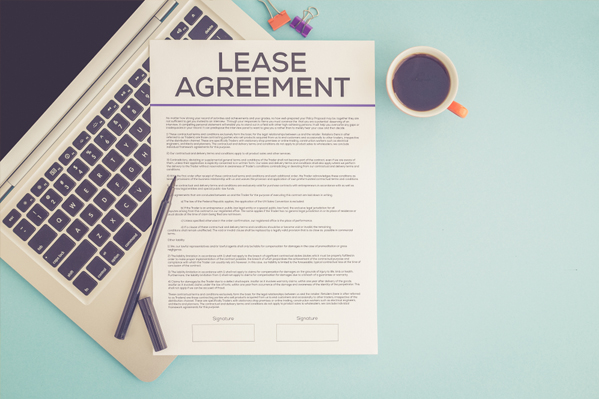
Are the Premises you are leasing unknowingly Retail Premises?
The decisions in IMCC Group (Australia) Pty. Ltd. v. CB Cold Storage Pty. Ltd. (“the Cold Storage case”) which started at VCAT and ended in the High Court in December 2017 could have major ramifications for existing leases between Landlords and Tenants and alter their respective obligations thereunder. In the Cold Storage case the permitted use in the Lease was described as “cold and cool storage warehouse and transport facility”.
The premises had two large freezer warehouses where bulk quantities of boxed goods were stored to the ceiling on pallets. Refrigerated semi-trailers would load and unload the pallets from a loading dock area.
The Tenant’s customers were usually companies involved in the food industry that wanted to store their goods in cold storage. They included producers, manufacturers, distributors, importers and exporters. These customers would then use the stored goods in their own business and may not have been the ultimate consumer of the product being stored. Members of the public could also store goods at the warehouse for a fee.
Notwithstanding the description of the permitted use for premises in the Lease which began on 1 September 2012, the Tenant
commenced proceedings in VCAT in 2016 alleging the premises were retail premises within the meaning of the Retail Leases Act
2003 and as such this Act applied to the Lease. The Landlord disputed this.
Retail Premises are defined in the Retail Leases Act 2003 as premises that under the terms of the lease are used, or are to be
used, wholly or predominantly for the sale or hire of goods by retail or the retail provision of services.
VCAT decided that a person who uses a service for a business or a purpose other than for their own personal needs is not a consumer and therefore the premises were not “retail premises”.
The Supreme Court including the Court of Appeal found that the premises were in fact retail premises and that the Retail Leases Act applied. The Court of Appeal concluded the Tenant’s customers were in fact the ultimate consumer of the service provided by the Tenant for a fee and as such were receiving a retail service from the Tenant.
The Landlord appealed to the High Court against the Court of Appeal’s decision but was not granted leave to appeal. The consequences of this decision include:-
(i) The Tenant is not liable for outgoings such as land tax or for certain maintenance and repair obligations;
(ii) The Landlord must comply with obligations in the Retail Leases Act 2003 regarding rent reviews, notices regarding options, some maintenance and repairs of the premises and cannot recover various outgoings from the Tenant.
These decisions highlight the need for a Landlord to have a thorough understanding of what a Tenant intends to use the premises for before entering into a Lease. The description of the permitted use is not definitive of whether the Retail Leases Act 2003 will apply.
The further consequence of this case is that the Retail Leases Act 2003 may presently apply to leases without the knowledge of either the Landlord or Tenant.
As a Landlord or Tenant you should have your current lease reviewed to ensure you know what rights or obligations you may
presently have that you are not aware of.